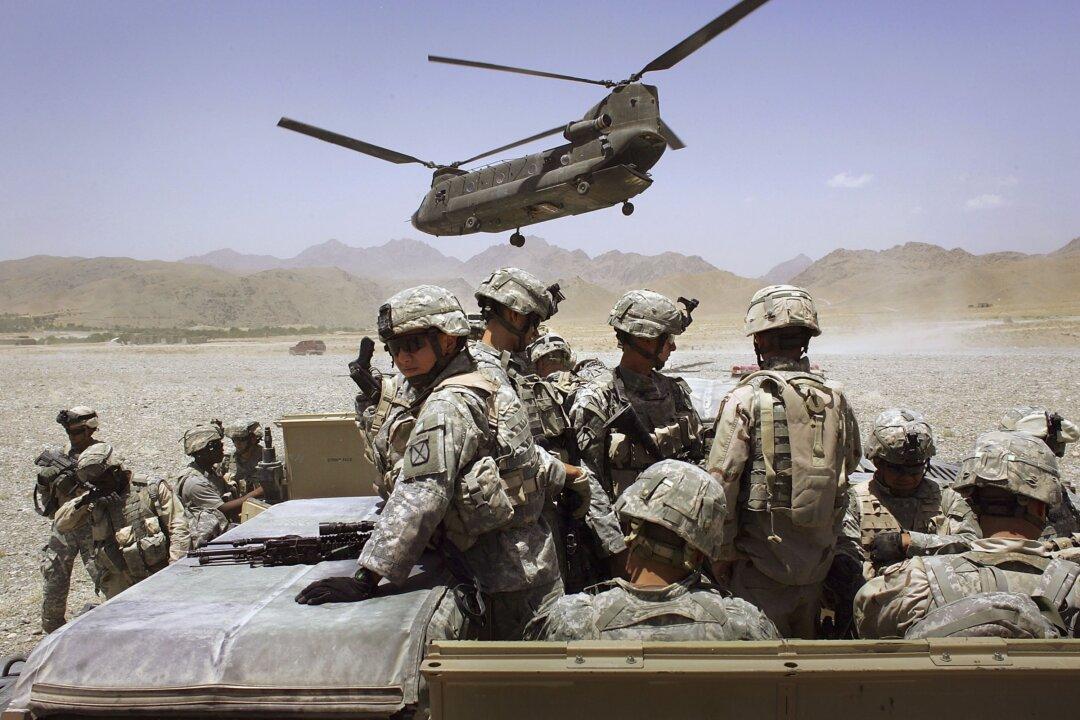News Analysis
In the run-up to the G-20 summit, China acknowledged that it recently hosted a Taliban negotiation delegation, a move that analysts believe was intended to intimidate Western countries into being afraid of imposing sanctions on China.

In the run-up to the G-20 summit, China acknowledged that it recently hosted a Taliban negotiation delegation, a move that analysts believe was intended to intimidate Western countries into being afraid of imposing sanctions on China.